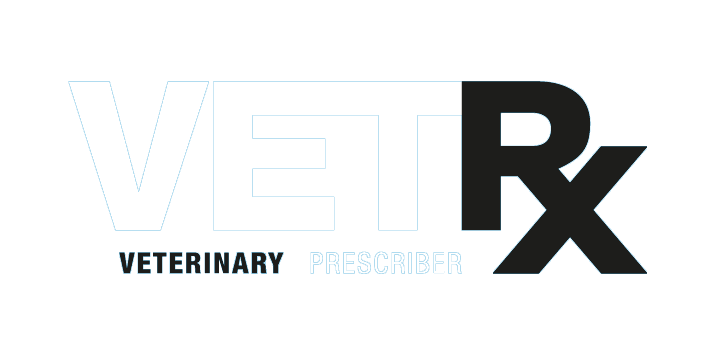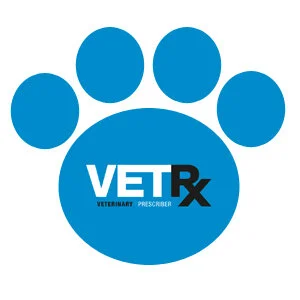Medicines News October 2019
Medicines news October 2019
The following medicines have recently been authorised for use in the UK. They are expected to become available by the end of 2019 or in early 2020;
metronidazole 250mg, 500mg tablets for dogs and cats (brand name Metrocare). POM-V
d-cloprostenol solution for injection for cattle, pigs and horses (brand name Dalmaprost). A synthetic analogue of prostaglandin F2 alpha. POM-V
pergolide tablets for horses (brand name Pergoquin). For symptomatic treatment of clinical signs associated with Pituitary Pars Intermedia Dysfunction (Equine Cushing’s Disease). POM-V
Changes to product information
· AceSedate 2 mg/ml solution for injection for dogs and cats (acepromazine). The SPC now states that the product can be mixed in the same syringe with aqueous solutions for injection containing buprenorphine as hydrochloride, methadone as hydrochloride, butorphanol as tartrate, and medetomidine and dexmedetomidine as hydrochlorides. Syringes with these mixtures should be used as soon as practicable. Any unused mixed solution remaining in the syringe should be disposed appropriately.
· Canixin DHPPi lyophilizate and solvent for suspension for injection for dogs (Canine adenovirus; Canine distemper virus; Canine parainfluenza virus; Canine parvovirus). The authorised indication has been amended to include the extension of the duration of immunity of the distemper virus, adenovirus and parvovirus components to 3 years. Annual revaccination is required for the parainfluenza component.
· Fusoral 40 mg tablets for cats and dogs (furosemide). The contraindications section of the SPC now includes: ‘Do not use in acute glomerular nephritis’, ‘Do not use in patients that have received excessive doses of cardiac glycosides’ and ‘Do not use in combination with other loop diuretics.’ The special precautions section now includes: ‘Furosemide has possible genotoxic properties and there is evidence of carcinogenicity in mice. Although there is inadequate evidence relating to these effects in humans, skin contact with or accidental ingestion of the product should be avoided. Wear impervious gloves during handling and administration of the product and wash hands thoroughly afterwards.’ On lactation, the SPC now states: ‘A deleterious effect on lactation is to be expected, particularly if drinking water is restricted.’
· Johnson’s 4fleas Protector spot-on (pyriproxyfen) for cats and dogs. The special precautions section now includes: ‘This product contains benzyl alcohol and may cause skin sensitisation or transient skin reactions in rare cases (for example, irritation, tingling)’.
· Johnson’s 4fleas spot-on (imidacloprid) for dogs now includes ‘Imidacloprid is toxic to aquatic organisms. To avoid adverse effects on aquatic organisms, treated dogs should not be allowed to enter water courses for 48 hours after treatment’
· Anaestamine 100 mg/ml solution for injection (ketamine) for use in cats, cattle, dogs, goats, guinea pigs, hamsters, horses, mice, pigs, rabbits, rats, sheep). The contraindications section now includes: ‘Do not use for surgical intervention on pharynx, larynx, trachea or bronchial tree, if sufficient relaxation is not ensured by administration of a muscle relaxant (intubation obligatory)’, ‘Do not use in animals undergoing a myelogram procedure’ and ‘Do not use in patients with pheochromocytoma or untreated hyperthyroidism.’ Special precautions now include: ‘Ketamine should be used with caution when pulmonary disease is present or suspected.’
Our purpose...
......is to provide busy veterinary professionals with impartial information on veterinary medicines with which to make treatment decisions in the best interests of animals, their owners and the environment. We mainly do this through the Virtual Veterinary Medicines Academy where our evidence-based peer-reviewed appraisals are the result of a rigorous research and editorial process and are presented succinctly in our multi-media CPD modules. We’re independent: we don’t sell ads, or receive commercial support. We’re funded by subscribers so you can be sure the information we provide is completely objective. Subscribers get unlimited access to the Virtual Veterinary Medicines Academy.

